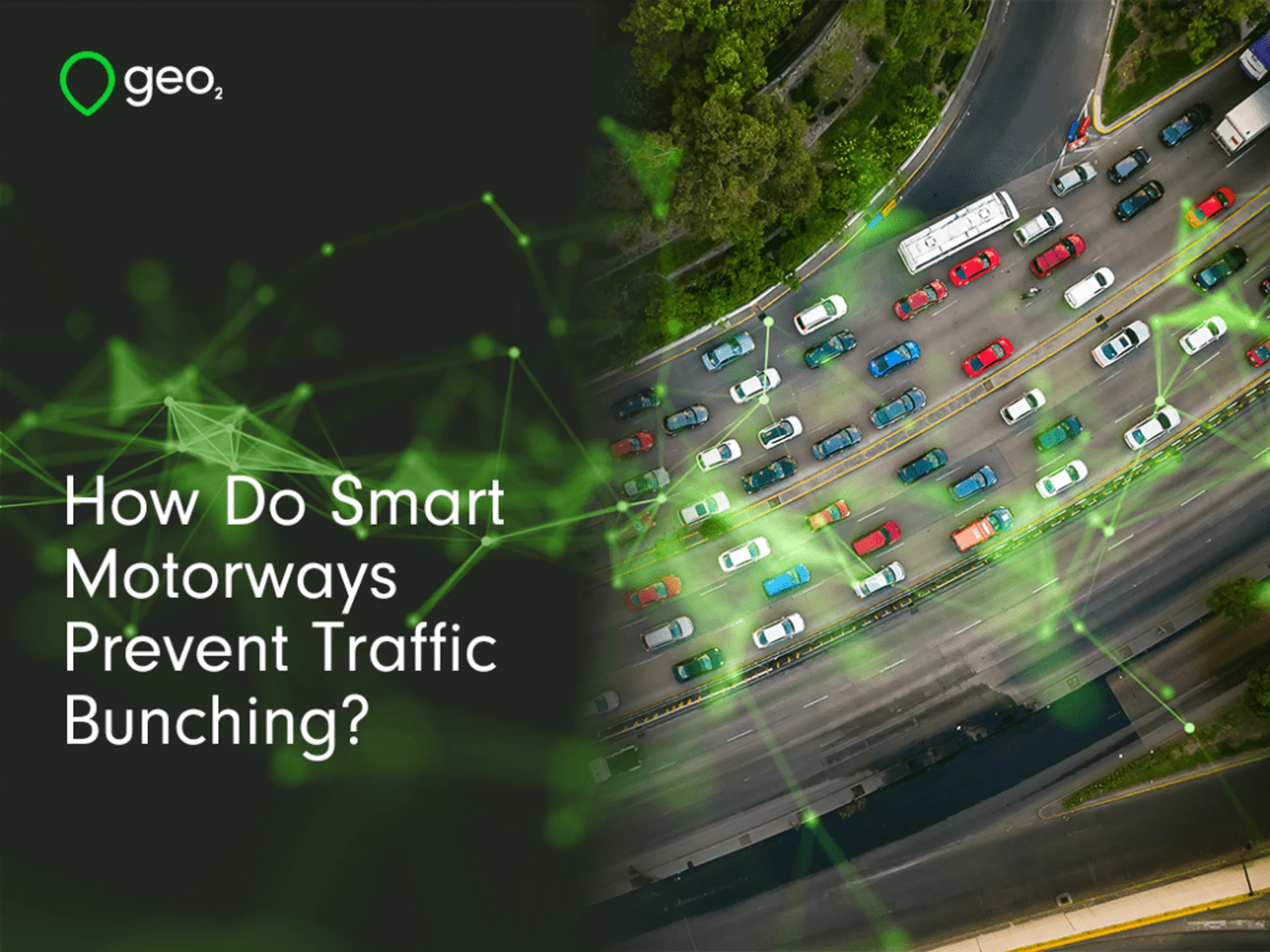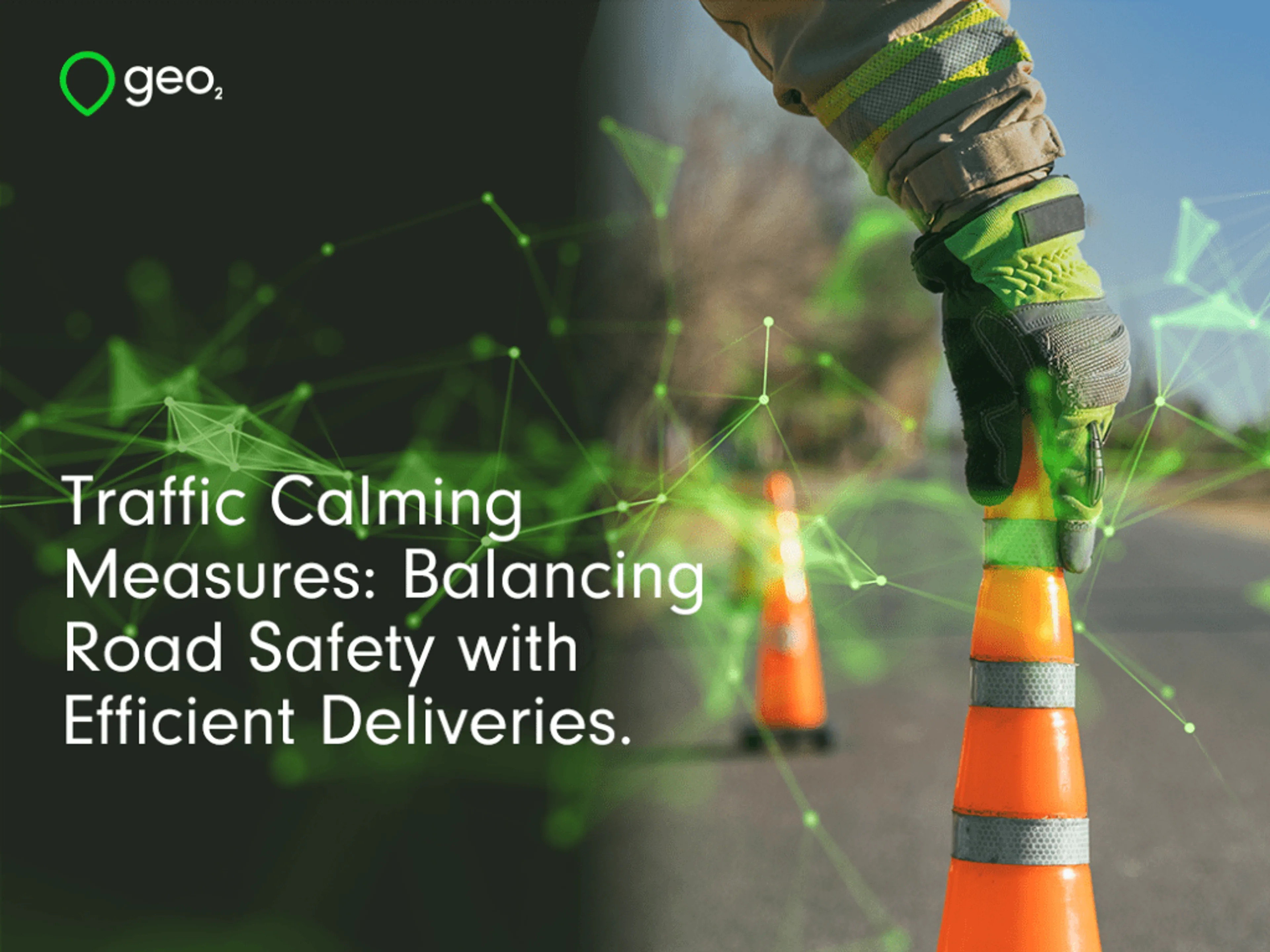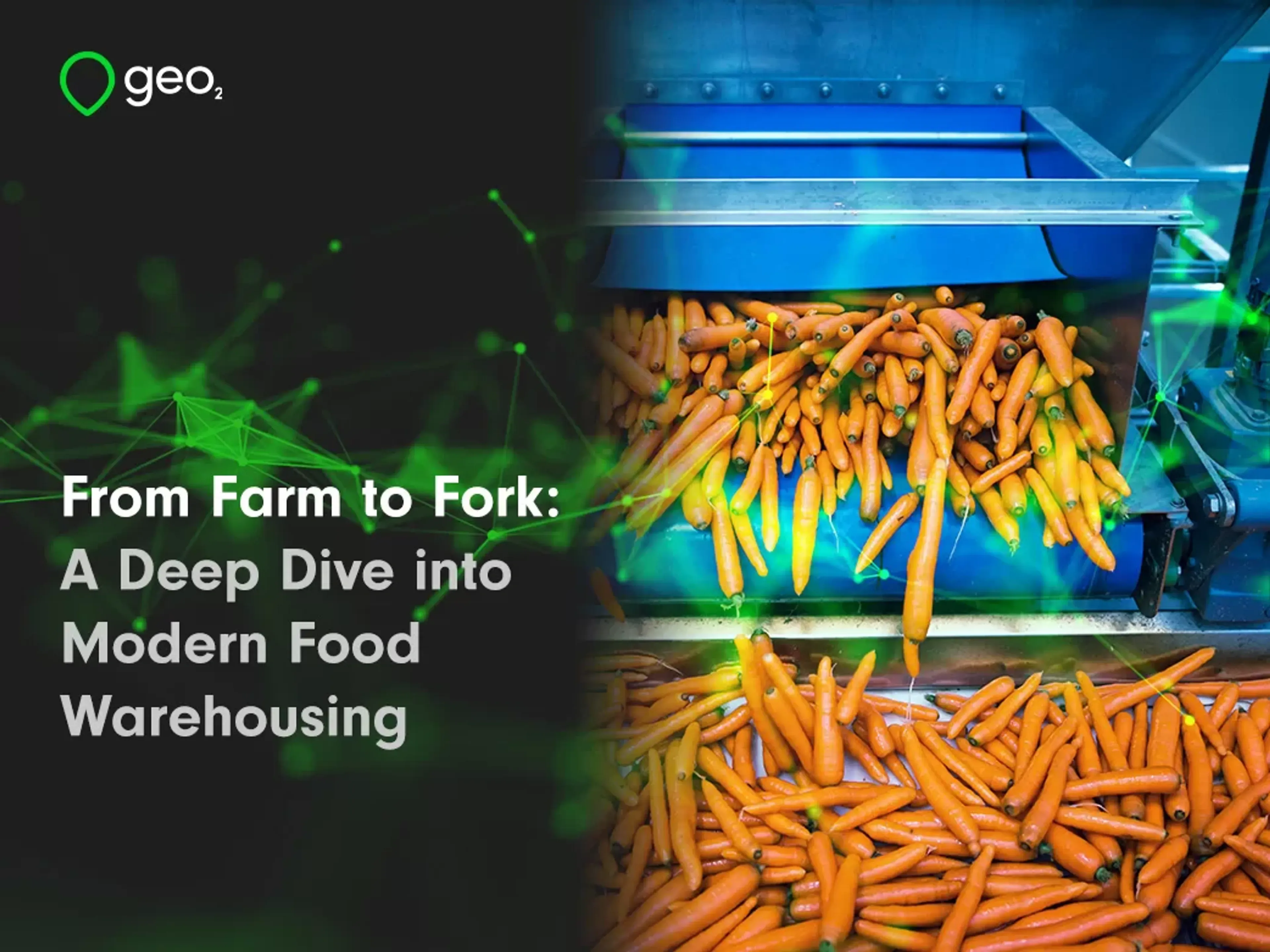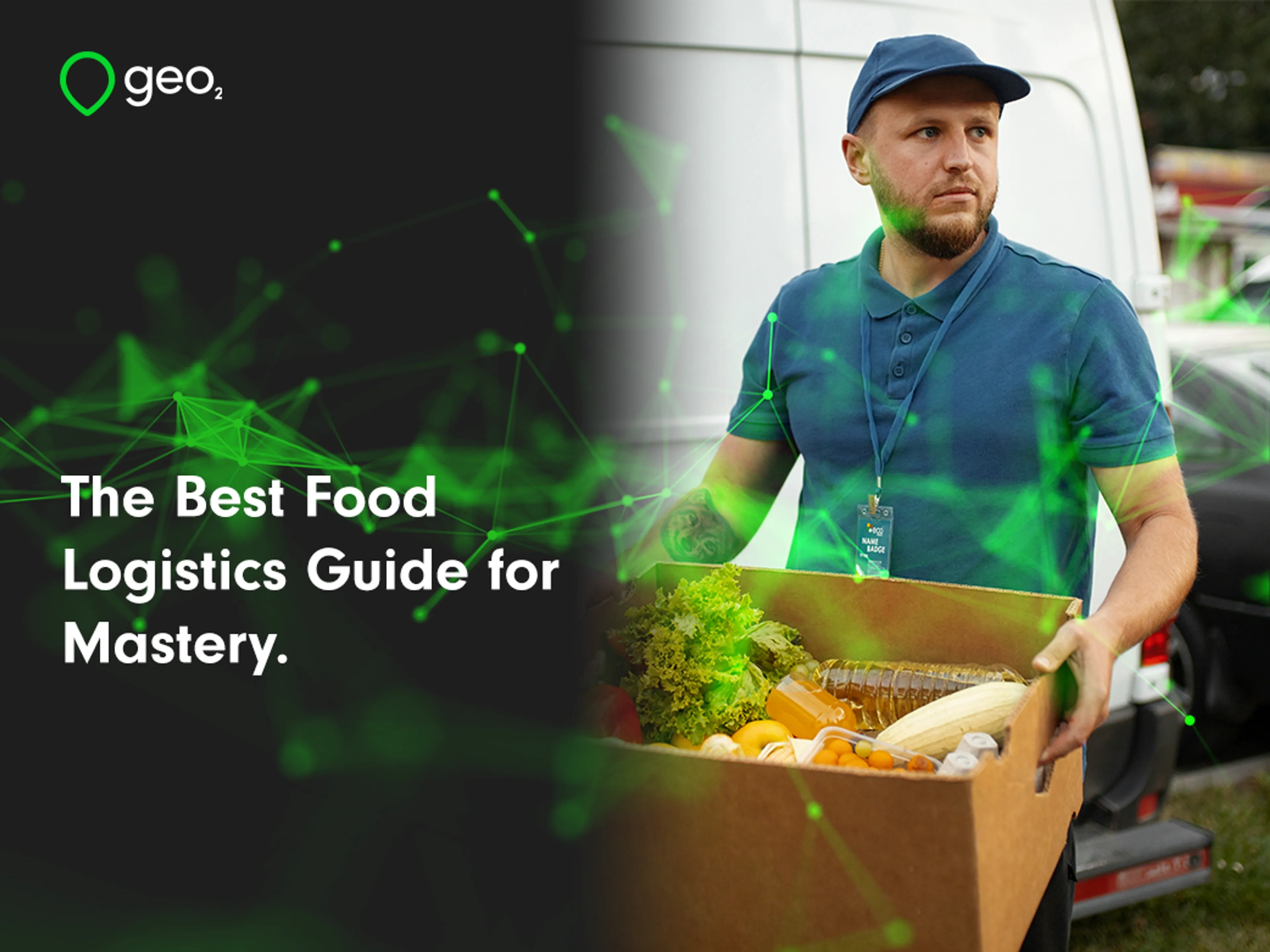Our Resources

How do Smart Motorways Prevent Traffic Bunching?
Road traffic is increasing year on year. For distributors and logistics companies, navigating congestion so that deliveries make it on time has become a critical challenge. Busy motorways present a particular problem, with long stretches often snarled up, preventing delivery drivers from getting packages across the country as quickly as they would like. Smart motorways were introduced as a solution to keeping the traffic flowing smoothly by helping to prevent traffic bunching. These advanced road networks employ a combination of technology and traffic management techniques to adapt to changing conditions, offering a more dynamic solution to the problem of motorway congestion.

Traffic Calming Measures: Balancing Road Safety with Efficient Deliveries.
Traffic calming measures are essential for reducing vehicle speeds and enhancing road safety. Delivery drivers navigate Britain's roads daily, so it's important for them to understand traffic calming measures and how they can impact driving routes and delivery times. Here, we examine the reasons why traffic calming measures are implemented, the various forms they take and how you should drive in areas that have them.

Large Scale Events and Deliveries: 5 ways to avoid heavy traffic
All sorts of major events can cause traffic disruptions. You may know about some events long in advance. Examples include a one-time event like King Charles III's Coronation in London or the Eurovision Song Contest in Liverpool. They may also be recurring annual events like city-centre marathons, the Edinburgh Fringe Festival and Notting Hill Carnival. Even Christmas markets, major football matches, music festivals and protest marches can cause road closures and diversions. What occurs if you are in the delivery business when a major event is happening in the city? Roads may be blocked or traffic heavily congested. It can be a logistical nightmare and without proper planning could lead to missed deadlines and unhappy customers. Take the time to plan delivery routes before large events. This will help you avoid traffic issues and keep your business running smoothly. Here, we explore why it's crucial for delivery companies to plan routes before large events and provide practical tips on how to do it.

City Deliveries: 5 Ways to Beat the Traffic
Traffic congestion is a real hindrance for city delivery drivers and courier services. Drivers need to minimise the amount of time they spend in traffic to ensure on-time deliveries and great customer service. Overcoming heavy traffic and navigating through diversions and road closures takes effort and requires a lot of patience. But there are also some additional tactics that can help beat the city traffic and deliver on time.

Are Fuel Prices Coming Down? Overcoming Transport Costs.
Fuel prices in the UK reached an all-time high in July 2022. They were more than 64% higher than at the start of 2021 and it hit the transportation industry hard. Logistics providers and distributors were compelled to raise prices in order to protect their margins. However, consumers were already burdened by the cost of living crisis and could scarcely afford further price increases. Although fuel prices have since come down from that peak, they are still higher[1] than they have been at any point in the last ten years. Prices continue to be impacted by the effects of inflation. Since the transportation sector is so vital to the UK economy, it’s important for distributors and logistics providers to mitigate the effects of rising transport costs, ensuring they can remain competitive and can efficiently deliver essential goods across the country.

What is Green Transport? Navigating a Sustainable Future
As concerns about climate change and environmental sustainability grow, the need to adopt greener lifestyles becomes more pressing. One crucial aspect of this shift is green transport. This article explores green transport: what it is, why it matters, the types available, and the most efficient options.

What Impact Do Delivery Operations Have On Climate Change?
Home delivery has been a massive success since the pandemic, with parcel volumes in the UK reaching close to four billion a year. This is great for the logistics and transportation industries. But having more delivery vehicles on our roads, delivering more goods, which are individually packaged, comes with an added impact on the environment. All delivery operations – regardless of their size – have a responsibility to tackle their carbon emissions and become more environmentally friendly.

From Farm to Fork: A Deep Dive into Modern Food Warehousing
In the intricate dance of the global food supply chain, effective warehousing plays a pivotal role in ensuring that the food on our plates is fresh, safe, and delicious. For food distributors, restaurant owners, and supply chain managers, understanding the nuances of food warehousing is not just beneficial—it's essential. This article explores the importance, challenges, and cutting-edge solutions in food warehousing, providing insights and guidelines that can help you optimize your operations.

The Best Food Logistics Guide for Mastery
Efficient food logistics are the backbone of any successful food supply chain. Food suppliers and logistics managers face unique challenges when ensuring that products reach their destinations in perfect condition. Whether you run a big business or a small store, knowing the details of food logistics can help save time. It can also cut costs and keep products high-quality. In this comprehensive guide, we'll cover everything you need to know about food logistics. From the basics to best practices, technology's role, and future trends, we've got you covered.